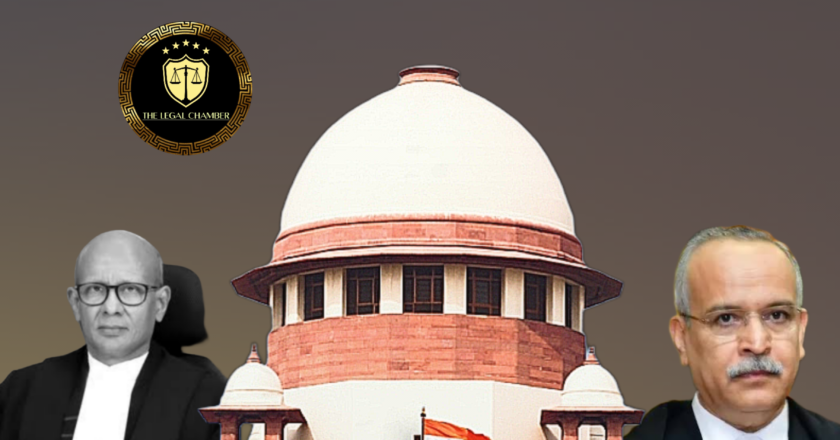Supreme Court Rules on Cheque Dishonour Jurisdiction: Court Where Payee’s Bank is Located Has Power
The Supreme Court held that under Section 142(2)(a) of the Negotiable Instruments Act, 1881, jurisdiction for a cheque dishonour case lies exclusively with the court where the payee's bank branch (for collection) is situated, not where the cheque was physically deposited for credit.
Facts Of The Case:
The appellant, Prakash Chimanlal Sheth, filed complaints under Section 138 of the Negotiable Instruments Act, 1881, concerning four cheques issued by the respondent, Jagruti Keyur Rajpopat. These cheques were dishonored due to insufficient funds. The appellant, who maintained his bank account with the Kotak Mahindra Bank's Bendurwell Branch in Mangalore, had presented the cheques for collection through the bank's Opera House Branch in Mumbai to be credited to his Mangalore account. The Jud...



